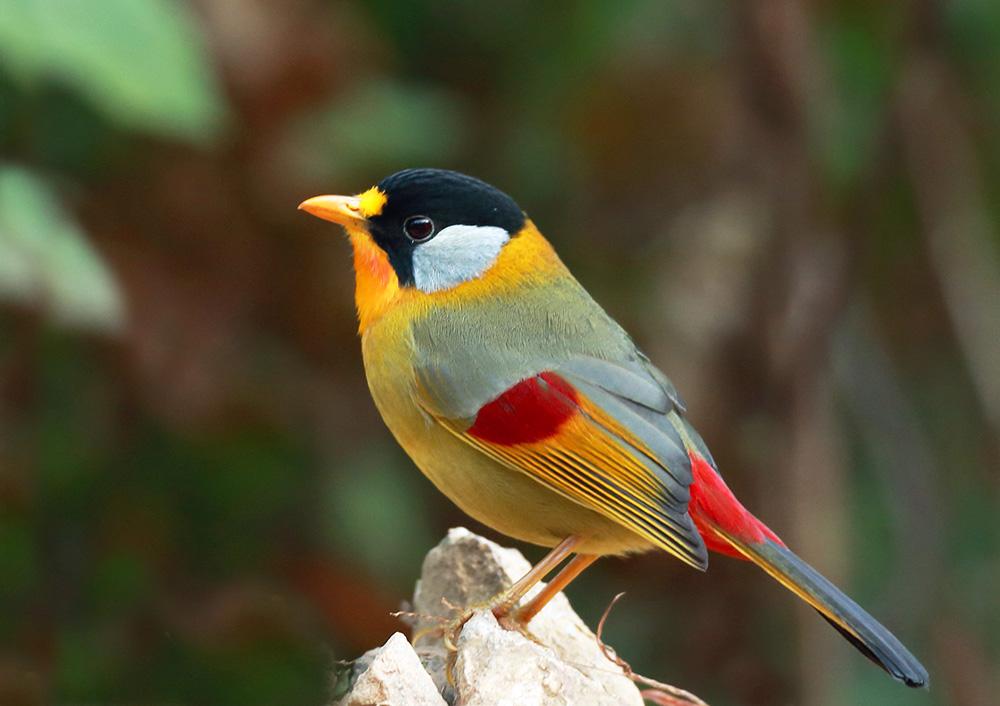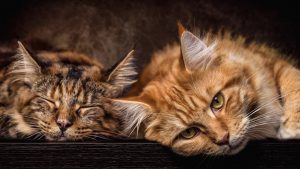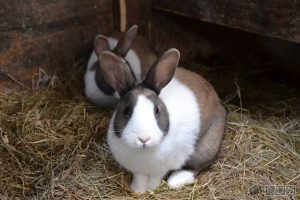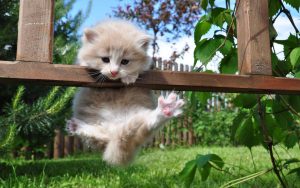Many common problems occur in different birds, and in most cases are handled in a similar way. Knowing how to deal with common problems will be of great help to raising birds in the future, and you can deal with these problems calmly.
- Cold: a common disease of many animals, usually caused by taking a bath in cloudy weather, cold or hot weather or mutual infection may cause a cold. The eyes of the sick bird are hazy and foggy, the hair is loose, and the food intake is reduced. Without treatment, a small number of birds can heal on their own, but more than 70% of the injured birds die within four days.
Treatment: Don’t take a bath or let it go out to play, soak Banlangen in water, add half a tablet of vitamin C to a cup, and feed it with a quarter of amoxinine.
- Diarrhea: usually occurs in summer, caused by eating spoiled feed or eating indigestible food, and the lack of environmental hygiene in the cage can easily cause this problem. Sick birds are sluggish and weak, hair loose, food intake decreases, water intake increases, and stool is watery or viscous liquid. Acute water will cause the bird to die within a few days, and the chronic water will naturally improve with the optimization of food, and the disease will die if it is not cured.
Treatment: The tea leaves are fried and soaked in brown sugar water, and oxytetracycline is mixed with water, which has a better effect on chronic diarrhea. Amoxicillin in water for acute watery stools.
- Big anger: It is usually caused by factors such as dry weather, prolonged humming, and excessive heat in food. There will be a hoarse voice, loose coat color, dry eyes, dry stools, or green stools. It will hurt the bird’s throat, and if it is serious, it will be hoarse for life, and if it is not cured, it will easily induce inflammation and cause diseases such as colds.
Treatment: Reduce food calories, feed more vegetables and fruits, and in severe cases, feed some Banlangen water and orange peel water.
- Baldness: Baldness is caused by raw birds hitting cages, fighting birds, etc. Under normal circumstances, it will heal naturally when molting, but there are also lifelong baldness. This hazard mainly affects the appearance, and also lacks a layer of protection for the head.
Treatment: Before molting, white vinegar is often added to the bath water to bathe the bird, and it will recover after molting.
- Biting feathers: Biting feathers generally like to bite their tails and wings, and some bite all over their bodies, which has a great impact on their appearance.
Treatment: Mix natural river sand or clean soil with gravel in sand cups, sprinkle a layer of sand on the bottom of the cage, reduce meat and high protein, and add fruits and vegetables.
- Blood mites: a relatively stubborn parasitic disease, lurking in the crevices of cages during the day, and coming out at night to eat the blood of birds. In the early morning, bloodworms the size of red needles can be seen on the cages. The birds are weak and weak, and are prone to diseases. It can cause weight loss in birds and easily induce other diseases.
Treatment: Wash the cage with white vinegar, soak the cage with high-concentration white water and water for half a day, and use glue to seal the gap of the cage. In addition, chlorfenurin, eucalyptus leaves soaked in water, etc. are all good insecticides. In addition, try to keep the birds away from other birds, and try not to choose a cage with gaps and interlayers.
- Intestinal parasites: Many wild birds carry intestinal parasites, so it is necessary to deworm the raw birds after they are caged. Birds with parasites usually don’t eat well and are too thin to gain weight.
Treatment: Add betel nut powder to the feed, or directly buy intestinal worms from the pharmacy and add water to feed the birds.







